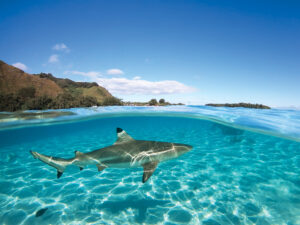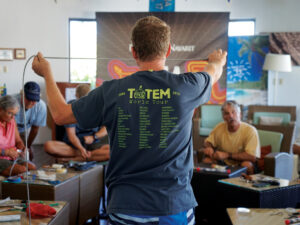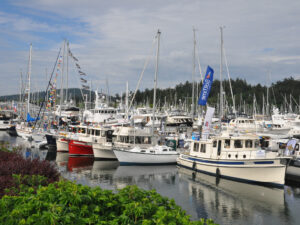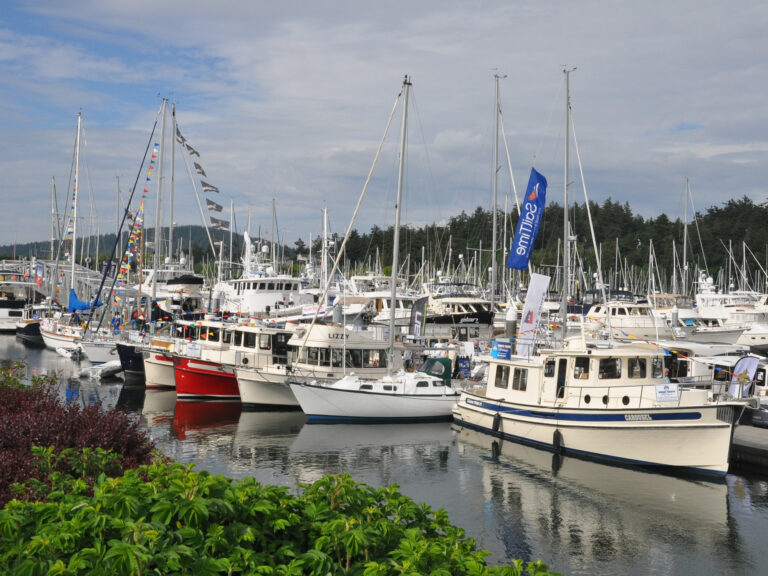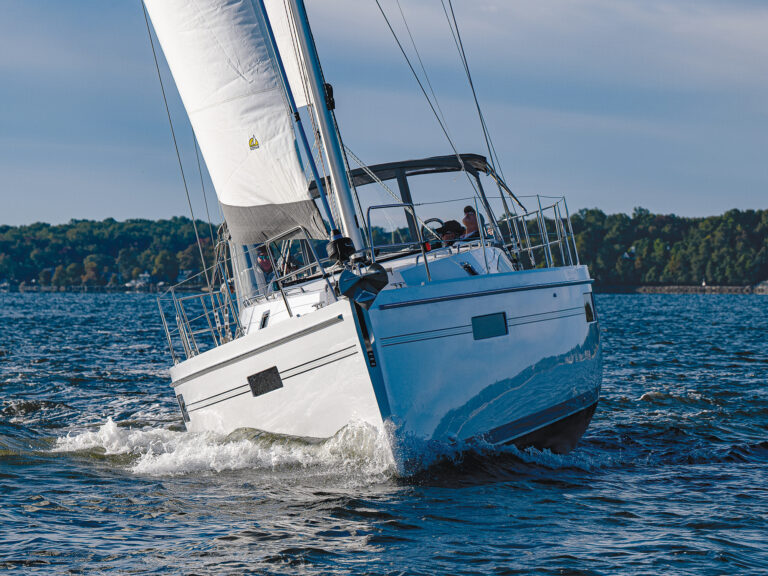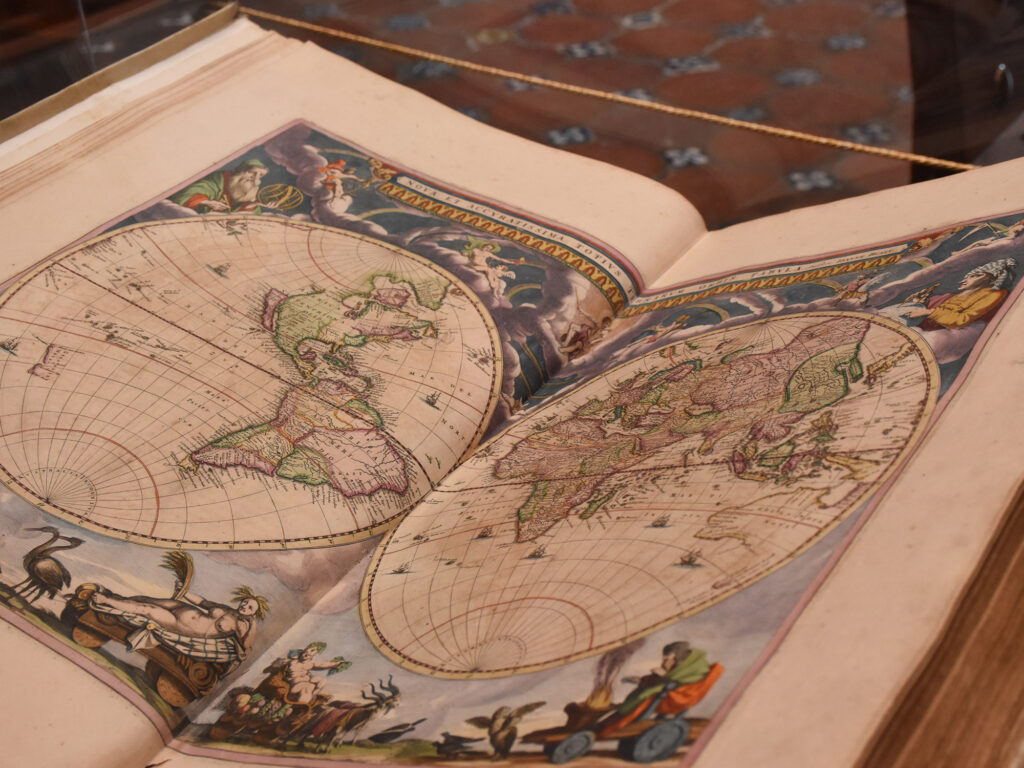
What do we do while off-watch, or during the heat of midday anchored in a tropical cove? We stretch out in the cockpit, under the awning, and read.
The ship’s library is as important as the pantry to the crew’s well-being. Stocking both requires some serious thought.
It would be a shame to go sailing through the Caribbean without historical and cultural context. Before Street and Doyle began writing guides, dozens of books told of adventures and life sailing in the West Indies. Growing up on a lake as a teen in the 1950s, I was messing about in small boats and reading about adventures in Yachting and Rudder magazines. Jules Vern’s Twenty Thousand Leagues Under the Sea was the first novel I read all the way through. I was 14. I still have that book, with my handwritten notes inside.
That same year, my mother found an evening course for me to take, hosted by the US Power Squadrons. Piloting, Seamanship & Small Boat Handling by Charles Chapman was the textbook. I still have that book, too, and still use the knowledge and skills I learned.
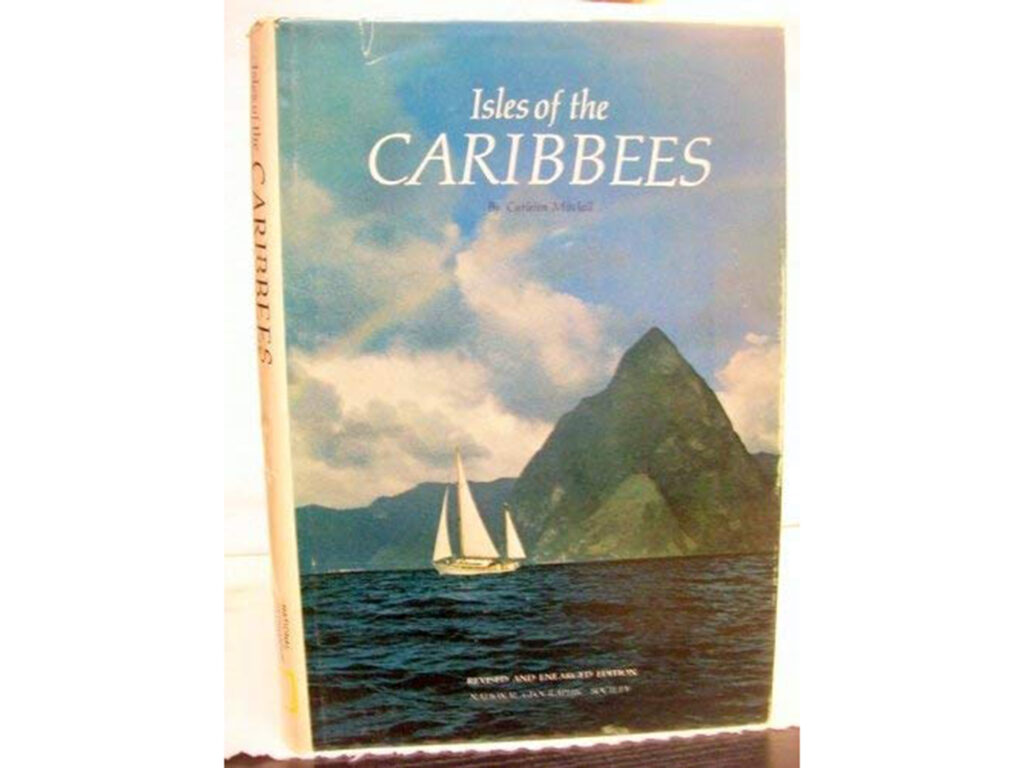
In high school, I began reading about my maritime heroes: Horatio Hornblower, Sir Francis Drake. Robert Louis Stevenson’s Treasure Island introduced me to young Jim Hawkins. I learned about scattering carpet tacks on the deck at night to repel unwanted boarders while reading Jack London’s South Sea Tales. In 1966, The National Geographic Society published Isles of the Caribbees by sailor Carleton Mitchell. It’s about a winter’s voyage aboard the yacht Finisterre, sailing from island to island. The book is lavishly illustrated by National Geographic photographers. The images got me dreaming of sailing through the tropics, and of becoming a photographer myself.
I bought my first boat, Quinta, a 34-foot wooden Alden sloop, when I got back from Vietnam and landed a paying job as a newspaper editor. Three more sailboats followed as my adventures grew more ambitious and my skills increased. My library grew, too.
Heavy Weather Sailing by Peter Bruce and K. Adlard Coles is there; so are Don Street’s many books, including The Ocean Sailing Yacht, and Street’s Cruising Guide to the Eastern Caribbean. It was John Ridgway’s book Round the World with Ridgway that convinced me a Bowman 57 ketch was the boat I’d been dreaming of since I was a teen. I was in my mid-50s when Searcher came into my life, taking me to the Caribbean three times over the course of 14 years.
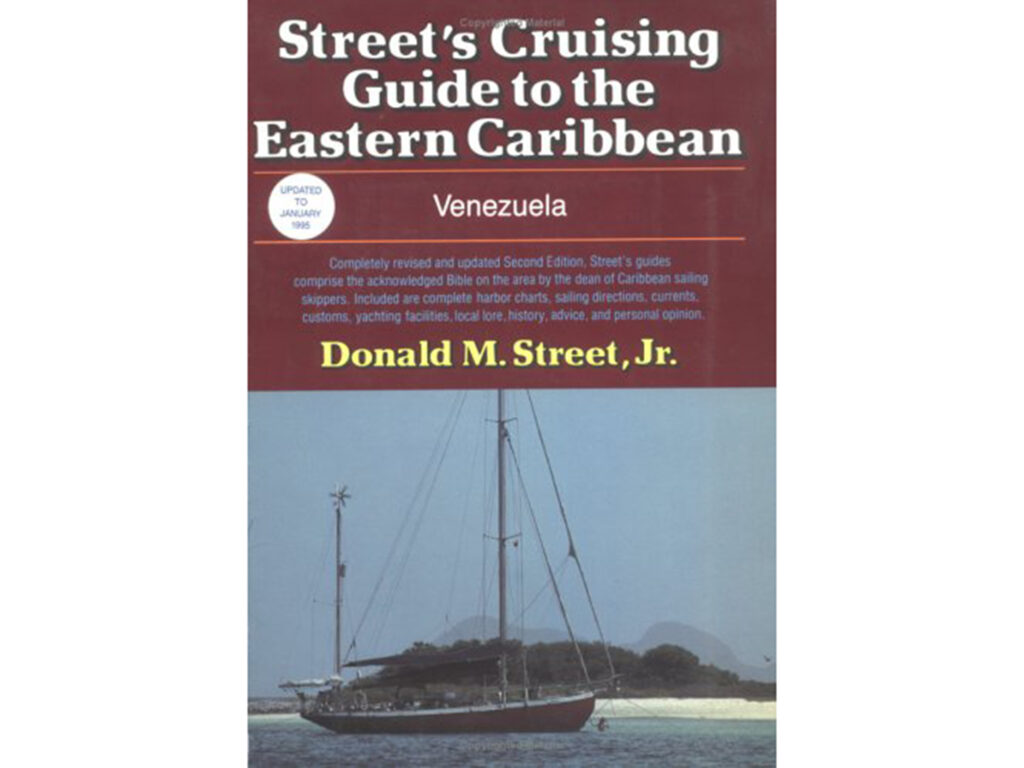
James Michener’s 1989 novel Caribbean will provide enough reading to fill an entire season in the islands. More contemporary authors, such as Peter Nichols, John Kretschmer, Beth Leonard, Lin and Larry Pardey, Charles Doane and Herb McCormick continue to write about a life sailing. I’ve not even gotten around to the technical and DIY books that need space in any ship’s library.
During my years of messing about in boats, my marine library has grown to fill a bookcase. Boxes are stuffed with past issues of Cruising World, SAIL, Sailing World, Sailing, Yachting—even a collection of Nautical Quarterly.
A few years ago, I was rummaging around the library at Libby Nicholson’s Pineapple House in English Harbour on Antigua. I stumbled onto Richard Dey’s book Adventures in the Trade Wind. It’s a true story about Morris Nicholson, an English chap who fled the UK after the war and sailed to the Caribbean. He worked his way up and down the island chain and eventually became a charter captain on one of the Nicholson schooners out of English Harbour. This is a story about island life before bareboats, GPS and tourism. I swapped it for one of my books I’d just finished.
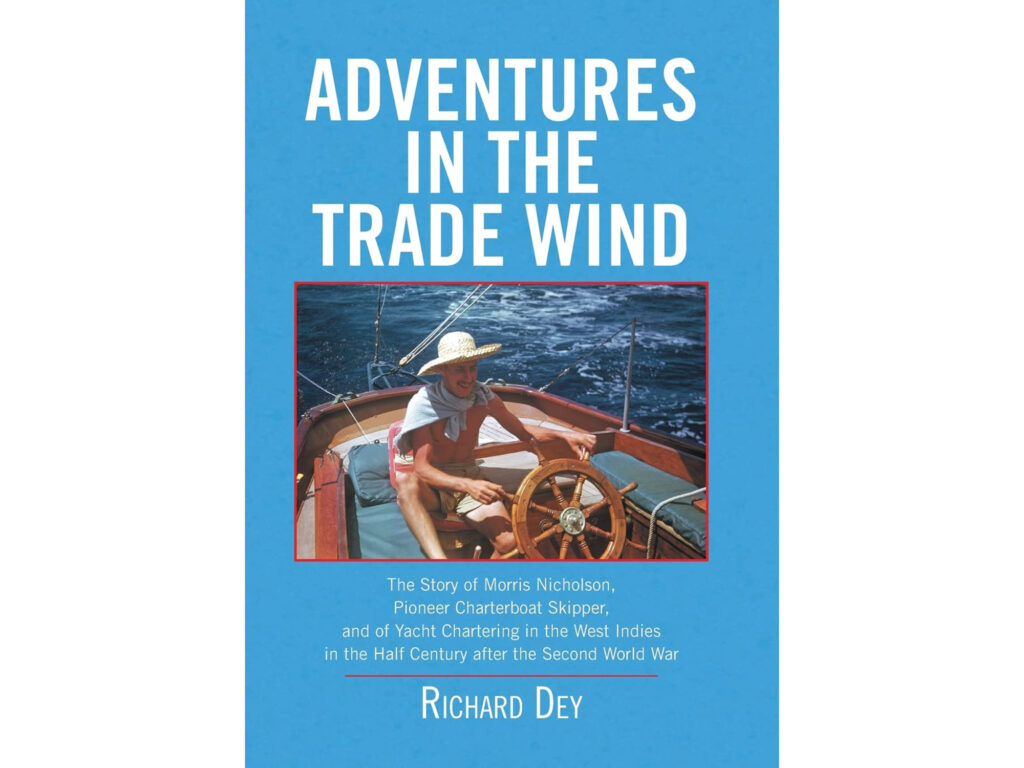
I have Dey’s book with me here as I write this column. Curious about the writer, I reached out to Sally Erdle, founder and long-serving editor of Caribbean Compass, a magazine to which I frequently contribute.
“Richard Dey has written for the Compass,” she replied. “In fact, Richard compiled two very well-researched bibliographies on the literature of the Caribbean. We published them in 1999 and 2000.”
You’ll find Dey’s two bibliographies in the Compass archive, here and here.
I also just finished Carleton Mitchell’s The Winds Call, published in 1971. I can’t wait to read whatever comes next.
David H. Lyman is an author and award-winning marine journalist who contributes regularly to Cruising World, Caribbean Compass and other magazines. Find him at DHLyman.com.

